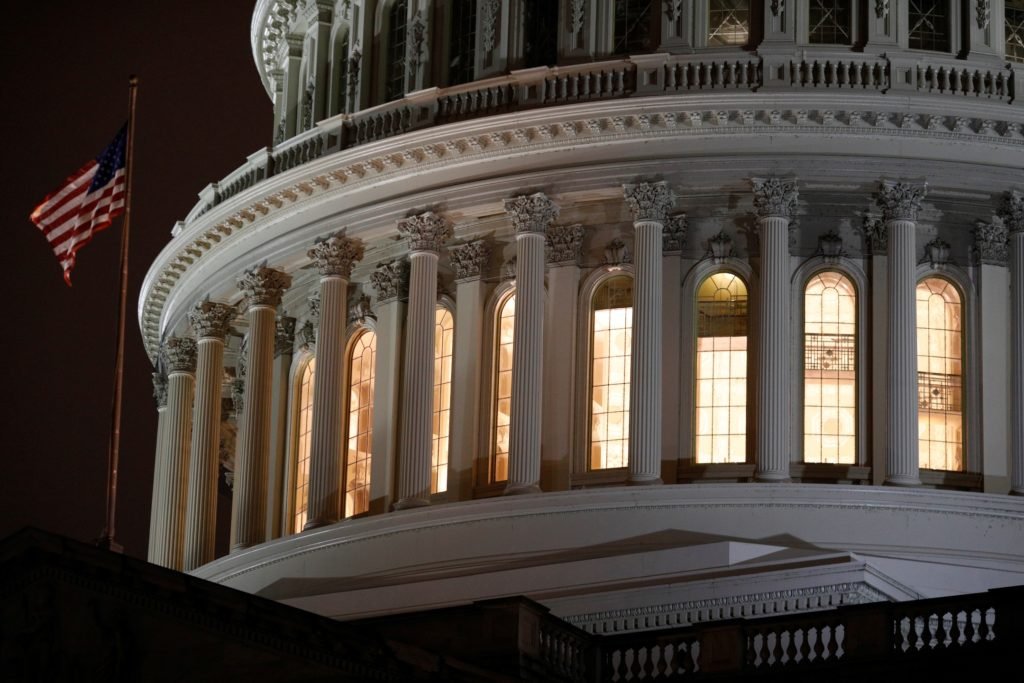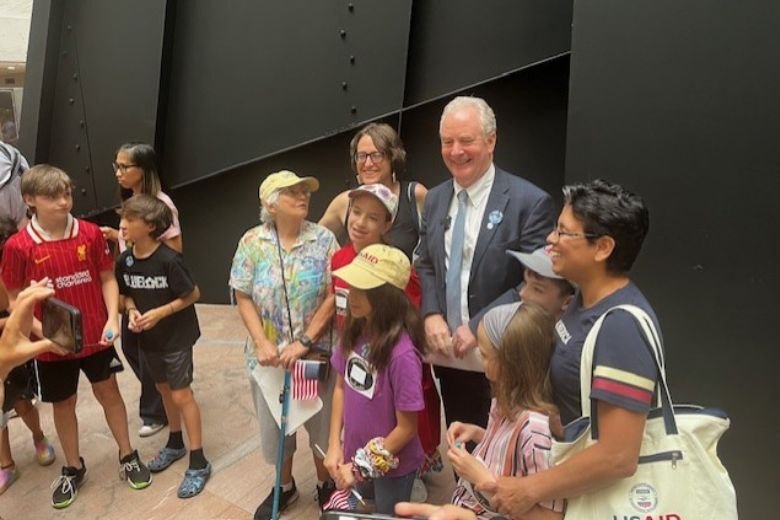Now Reading: Breaking down Trump’s ‘Big Beautiful Bill’ and its impact on the deficit and national debt
-
01
Breaking down Trump’s ‘Big Beautiful Bill’ and its impact on the deficit and national debt
Breaking down Trump’s ‘Big Beautiful Bill’ and its impact on the deficit and national debt

Lisa Desjardins:
Right.
For Republicans, this is part of answering what they see as a potential crisis, the end of the Trump tax cuts. The question is, is this something that adds to a different potential crisis, an American debt crisis?
So let’s look at the money flow in this bill, and let’s start with the tax cuts. First of all, Republicans are in fact adding some new tax cuts here. Those are the no taxes on tips, overtime, some benefits for seniors. These tax cuts are significant. However, they pale in comparison to the biggest cost in the bill. That is extending those Trump tax cuts.
All together, the Congressional Budget Office says, the tax cuts in this bill add up to $3.7 trillion. That’s good news, in that that’s money taxpayers could keep, but it’s also bad news because it comes out of the federal budget and potentially could add to deficits.
So did Republicans pay for this in the bill? According to CBO, no. The money saved in this bill from the cuts, the spending cuts, is $1.3 trillion. Now, this is a significant, historically large number of spending cuts, health care cuts, we have been talking about Medicaid, green energy, student loans. This is a big number, but it is much smaller than the amount being spent here.
So, overall, Congressional Budget Office says, this bill would add $2.4 trillion to the deficit, and that is even before you consider interest costs.

















































